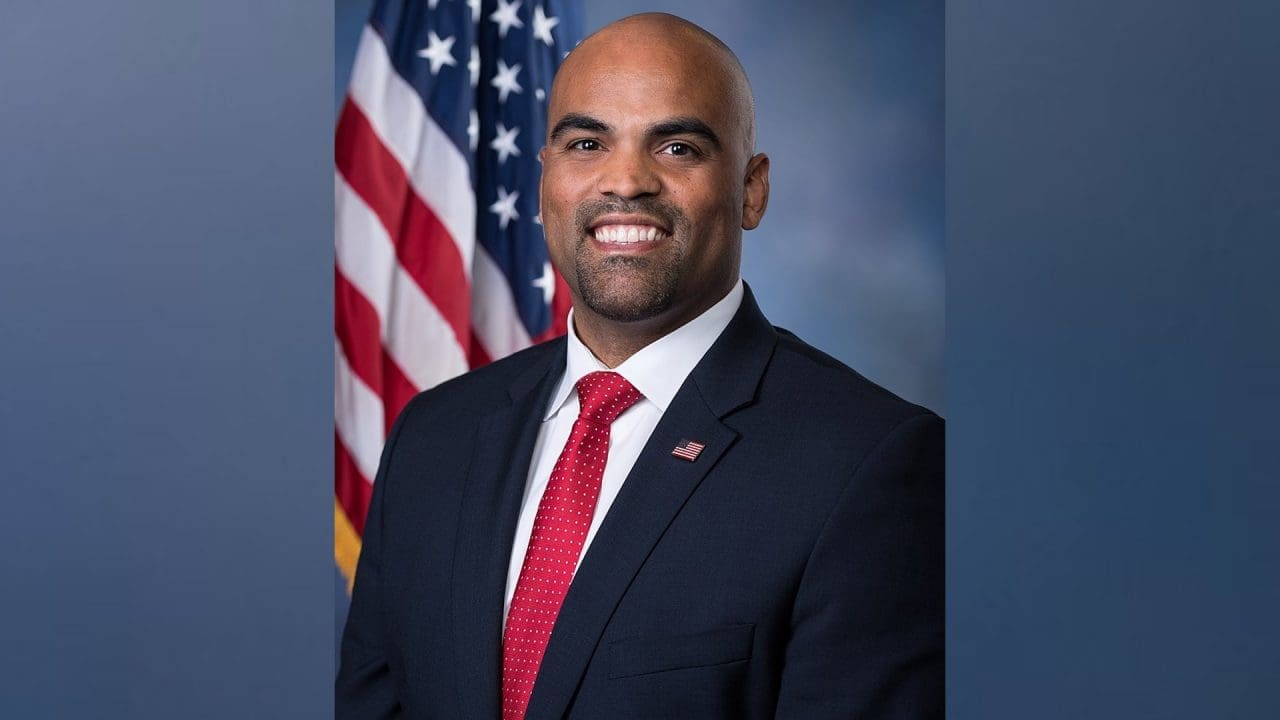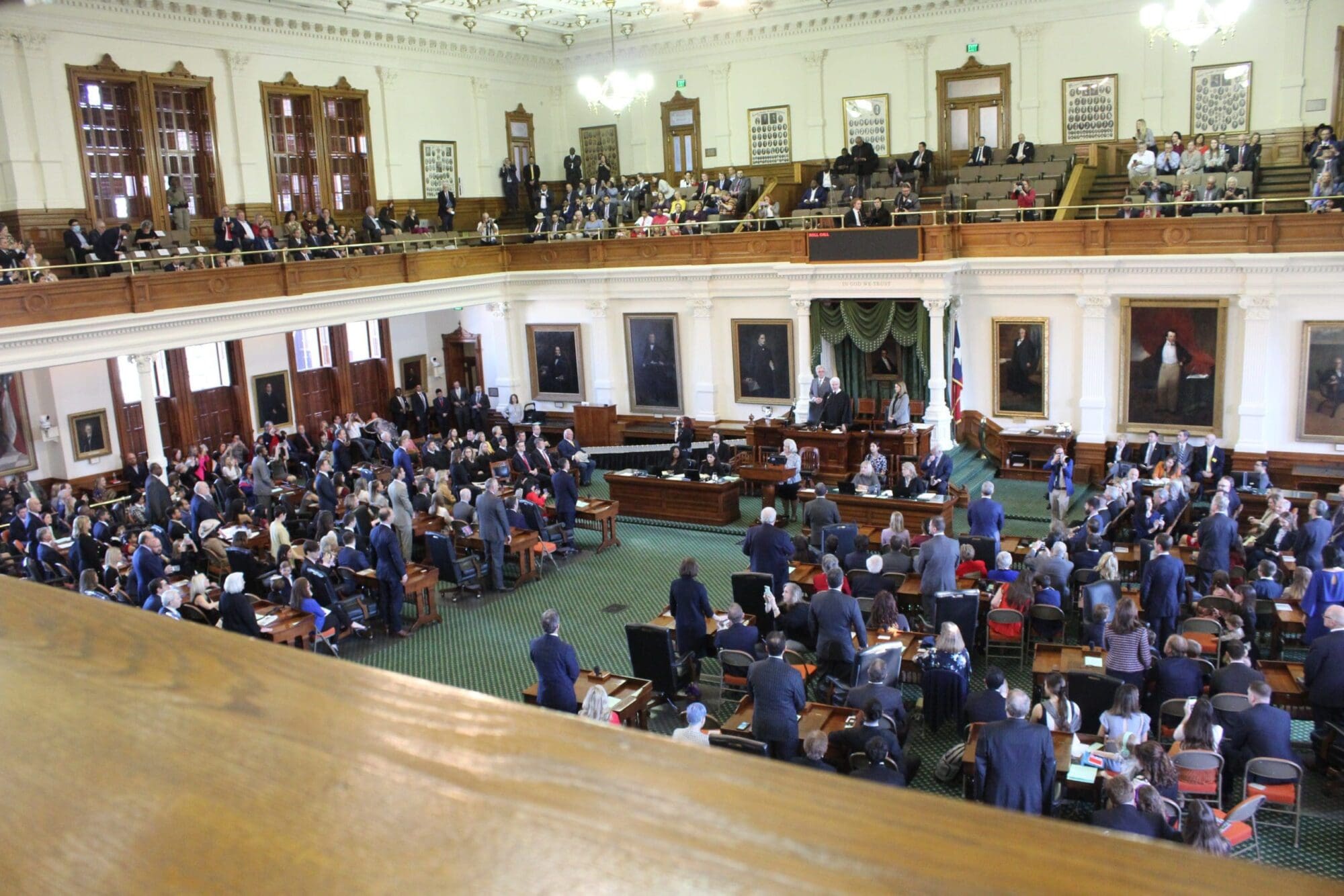U.S. Rep. Colin Allred (D-TX) shocked many Texans in 2018 when he defeated incumbent Republican Pete Sessions in the race for Texas’ 32nd Congressional District. His victory placed the traditionally conservative-leaning district in north Dallas into the hands of Democrats for the very first time and was applauded by liberal leaders nationwide as evidence that Texas might be turning blue.
Nearly two years later, however, the GOP is preparing to challenge Allred and prove that his victory in 2018 was nothing more than a fluke.
Many Republicans are expected to enter the race to challenge Allred in the coming weeks. Most notably, former Navy SEAL Floyd McLendon, who announced his candidacy on Monday. The national GOP has labeled the district a key target to reclaim.

Former Navy SEAL Floyd McLendon (R) is running to take back TX-32
Until recently, the influx of Republican candidates to the race has been slow, as there has been speculation that Pete Sessions might try to return and take the seat back for himself.
Of the declared candidates, however, it is McLendon who appears to be taking an anti-establishment stance that he believes is key to reinstitution of GOP control of the district.
“I think our political system is broken,” said McLendon. “Career politicians are not holding themselves accountable, speaking one way to their district and then [they] go to Washington and vote another way.”
Colin Allred, however, spent his time in office embracing a party headed by Nancy Pelosi, supporting far-left initiatives by the likes of Alexandria Ocasio-Cortez and Ilhan Omar.
Needless to say, TX-32 will be a district to watch closely going into 2020 and could serve as a litmus test for both the GOP’s viability in the urban areas they lost in 2018 and possibly the future of Texas’ electoral identity. The result could have national implications, likely reflecting how urban Texas voters feel about President Donald Trump.





